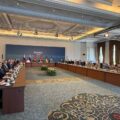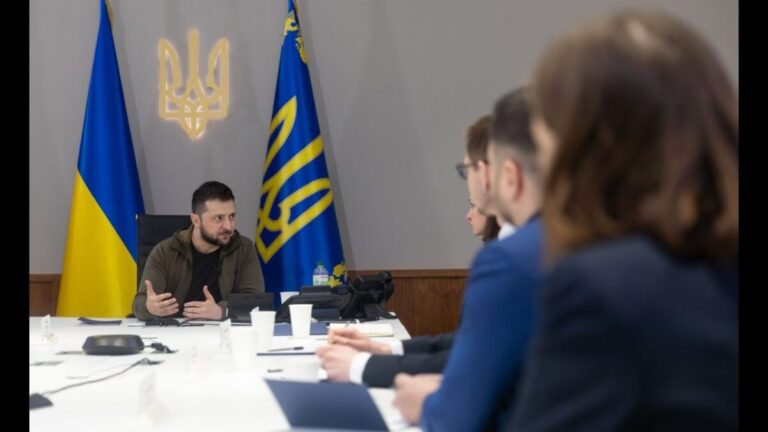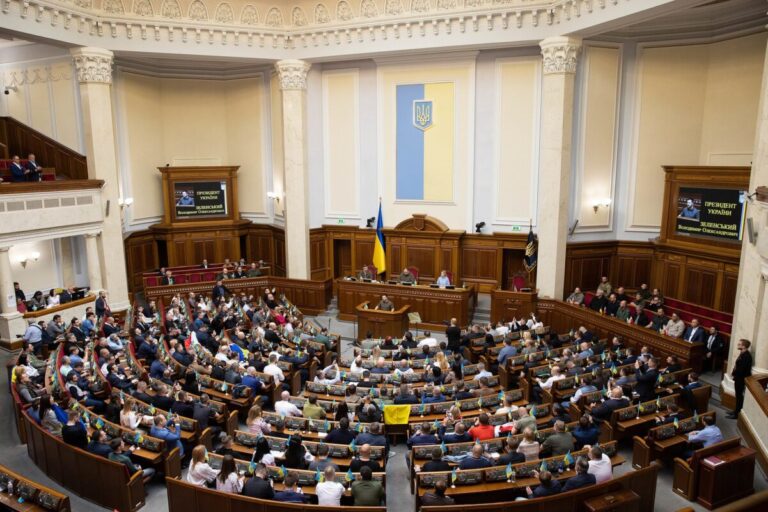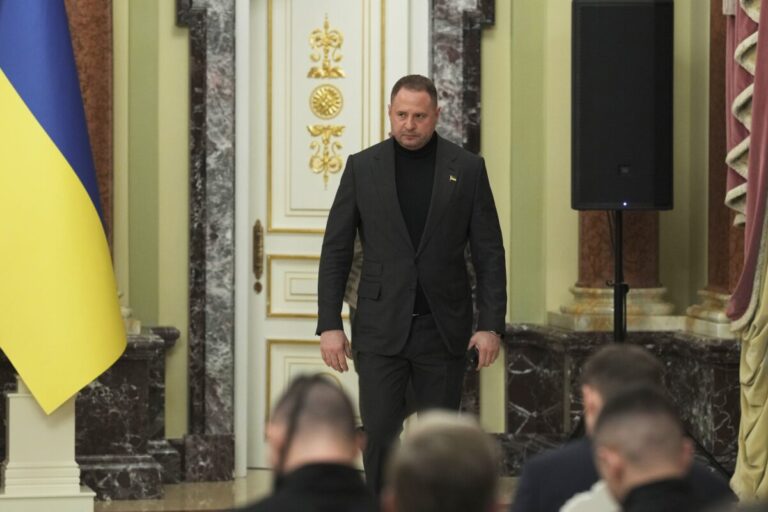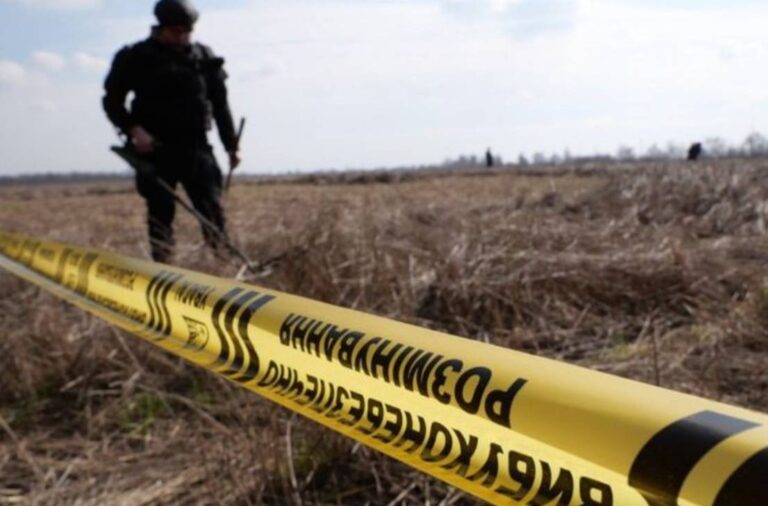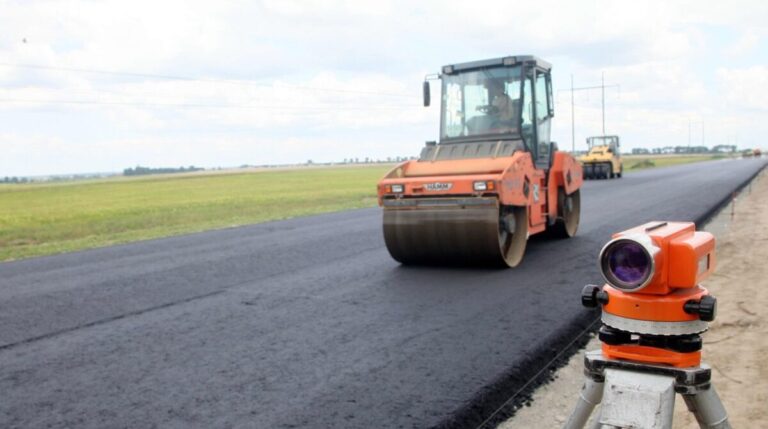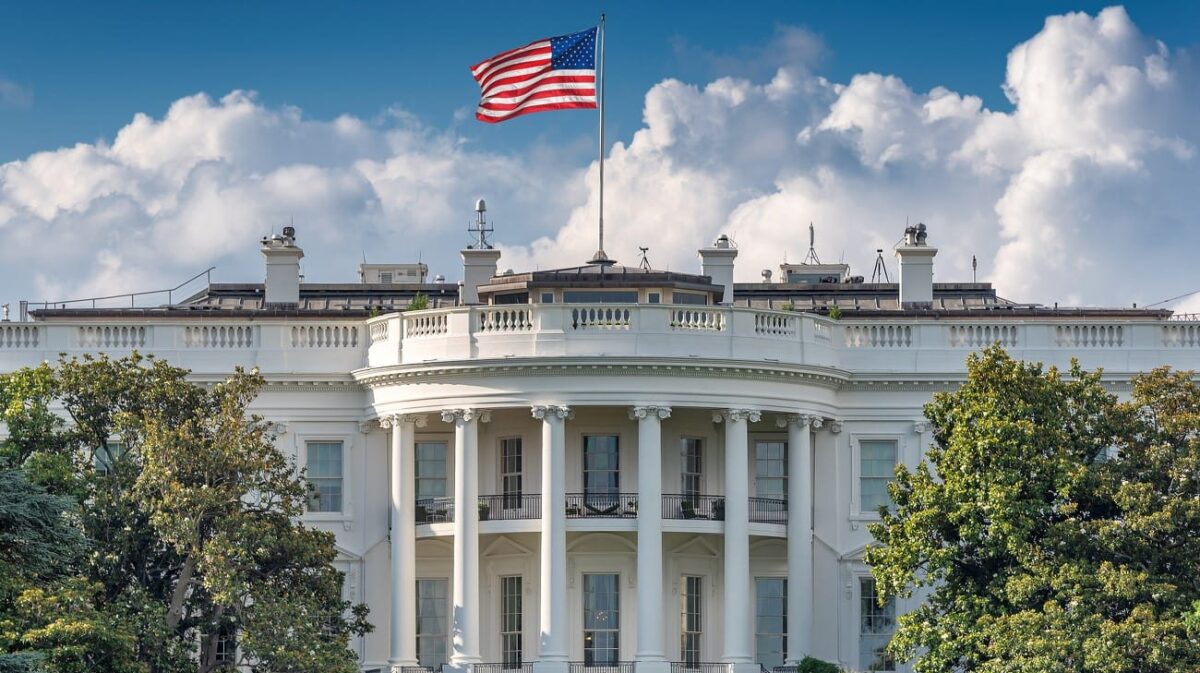
U.S. May Cut War Crimes Investigation Support in Ukraine What’s at Stake
In mid-June 2025, Reuters reported that the White House is considering significant cuts to U.S. support for programs that investigate war crimes around the world including in Ukraine. While the decision is not yet final, the potential shift signals a critical moment for international justice, especially in the context of the war Russia continues to wage against Ukraine.
What We Know
According to Reuters, the White House Office of Management and Budget (OMB) issued a recommendation to eliminate funding for approximately 20 international programs that support the investigation and documentation of war crimes. These initiatives span countries such as Ukraine, Myanmar, Syria, Afghanistan, Iraq, Belarus, Colombia, and Sudan, and have been active under both Republican and Democratic administrations. Several of the affected programs are central to Ukraine’s accountability efforts, including:
- Global Rights Compliance a UK-based organization that documents crimes such as sexual violence, torture, and civilian abuse in Russian-occupied territories;
- Legal Action Worldwide an NGO providing legal assistance to Ukraine in international proceedings;
- An $18 million grant supporting the Ukrainian Prosecutor General’s Office, administered through the Georgetown University’s International Justice Initiative.
Although these cuts are not yet implemented, each affected program must submit a justification to the U.S. State Department by July 11, explaining how its mission aligns with current administration priorities.
What This Means in Practice
- This is not a final decision, but it’s a major early warning. The OMB proposal allows room for response, but the burden now lies on government departments and implementing organizations to defend their work.
- The programs in question are not military aid they are part of a broader legal and human rights infrastructure that ensures war crimes are documented, prosecuted, and not forgotten.
- Ukraine is a key stakeholder, as the country faces the largest war on European soil since World War II. Investigations into atrocities committed by Russian forces depend on precisely these types of programs.
Why This Matters for Ukraine
Since the full-scale Russian invasion in February 2022, Ukrainian law enforcement has opened over 140,000 war crimes cases. These include mass killings, torture, missile attacks on civilian targets, sexual violence, destruction of critical infrastructure, and the forced deportation of children. Programs funded by the U.S. such as Global Rights Compliance and Legal Action Worldwide provide critical resources for collecting and preserving evidence. They also help Ukrainian authorities prepare cases for national courts, the International Criminal Court, and possibly a special tribunal on aggression. Cutting this support could lead to:
- A delay or collapse in evidence collection,
- Weakened capacity for international prosecution,
- And a loss of credibility and hope for victims waiting for justice.
Beyond the Budget: A Political Message
- Geopolitical Signal: еven if some of the programs are eventually spared, the OMB’s proposal sends a message U.S. global human rights leadership is under review.
- Psychological Blow: for victims and survivors in Ukraine, such moves create disillusionment and a sense of abandonment by the international community.
- Legal Vacuum: without consistent support from the U.S., international efforts will rely more heavily on the EU, UK, and civil society all of which are already stretched thin
What Can Be Done
For Ukraine:
- Engage diplomatically: Ukrainian diplomats must proactively demonstrate how these programs support global justice and align with shared Western values.
- Strengthen local infrastructure: national institutions like the Prosecutor General’s Office must prepare for a possible decrease in external support and build internal capacity.
- Public messaging: it’s critical to communicate why justice matters not only for moral reasons but for preventing future wars and preserving global order.
For the international community:
- Recognize accountability as a pillar of peace: without justice, peace is temporary. That’s true in Ukraine, and beyond.
- Pressure for reversal: human rights groups, legal institutions, and Congress should raise alarms and advocate to maintain or redirect funding.
Justice Must Not Be Optional
The war in Ukraine is not only fought on the battlefield. It is also a legal and moral struggle between a world that holds perpetrators accountable and one that lets crimes go unpunished. Cutting funds for war crimes investigations sends the wrong signal at the worst time. For Ukraine, justice is not symbolic it is survival. If the U.S. retreats from this role, the burden will shift to Europe and international civil society. But regardless of the budget lines in Washington, Ukraine must keep moving. Because in the end, every documented case, every survivor’s testimony, every court ruling is a step toward truth. And truth is what makes peace lasting.







